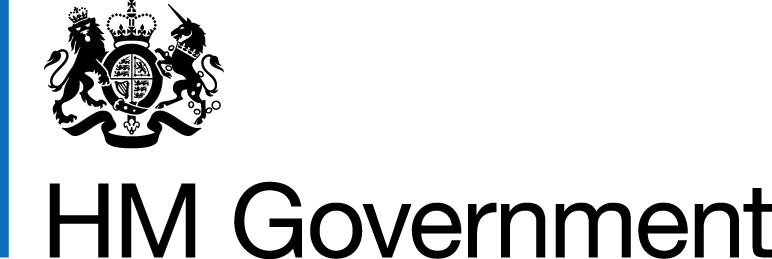Ground breaking data launched

Ground breaking data which could help companies develop new ways of supporting people to live healthier and happier lives was officially launched at Heartlands on 16th January.
This is the first time the unique Smartline dataset has been shared publically and researchers have received interest from companies locally and worldwide.
Led by the University of Exeter in partnership with Coastline Housing Ltd, Cornwall Council and Volunteer Cornwall, Smartline is leading the way in exploring how technology can be used to improve the health and wellbeing of local communities. The cutting edge project is funded by the European Regional Development Fund and the South West Academic Health Science Network.
Since launching in March 2017, the team has fitted environmental sensors in the homes of 290 Coastline Housing customers in the Camborne, Pool, Illogan and Redruth area of Cornwall. These sensors are collecting information on indoor air quality, humidity, temperature, how much water is used and how much energy it takes to heat them. The project is also collecting health and wellbeing data relating to communities and volunteering.
Businesses and key stakeholders from across the South West gathered at Heartlands as academics from the University of Exeter unveiled the information collected during the first year of the project and provided guidance on how this data could be used to shape policy and develop new ideas and products.
“Smartline is one of the largest monitoring exercises of its type, certainly in the UK context” said Dr Tim Taylor, Senior Lecturer in the University of Exeter Medical School and Smartline Principle Investigator. “Comparing properties with varying numbers and profiles of people in them enables us to see the energy usage, temperature and air quality in a home and what influences these.
“The unique data produced by our team of public health professionals, economists, geographers, mathematicians, and sociologists will support the growth of the eHealth and eWellbeing sector in Cornwall and the Isles of Scilly.
“By working with local businesses and organisations, we can encourage them to design better systems for managing homes in the future, and to invent new products and services to improve people’s day to day lives.”
The Smartline research will also have important benefits for the health and social care sector, with data on humidity, temperature, and air quality already being used to explore the possible links between asthma and mould. In yet another first for Smartline, the team are monitoring indoor as well as outdoor air quality, with sensors checking the impact of particles created by heating, cooking and smoking and nearby traffic, as well as those from new furnishings, cleaning products, paints and things like computer printers.
Other Smartline initiatives are looking at the impact of social isolation, with Volunteer Cornwall using the findings to inform new community activities such as coffee mornings, arm chair exercise sessions and the development of a new green space to help reduce loneliness, improve fitness and improve community cohesion.
You can download a copy of the slides used in the event by clicking the link below:


